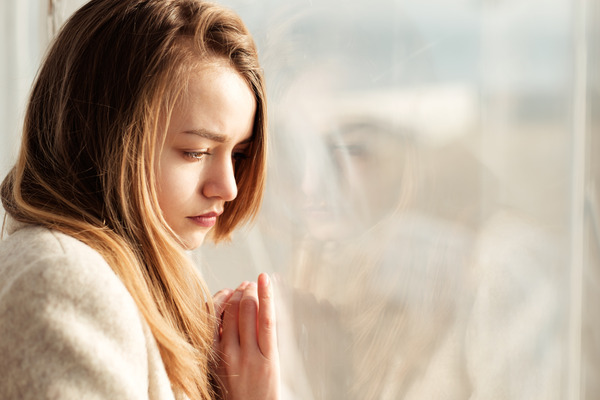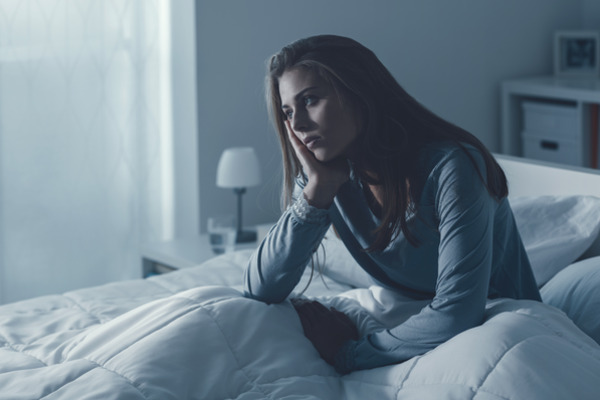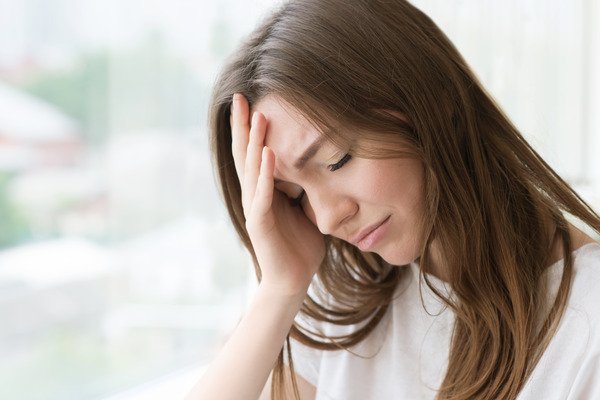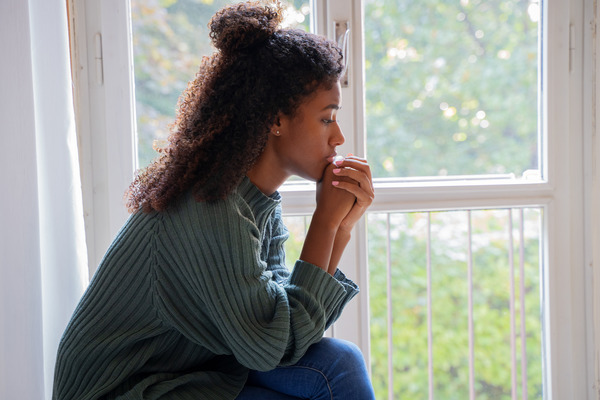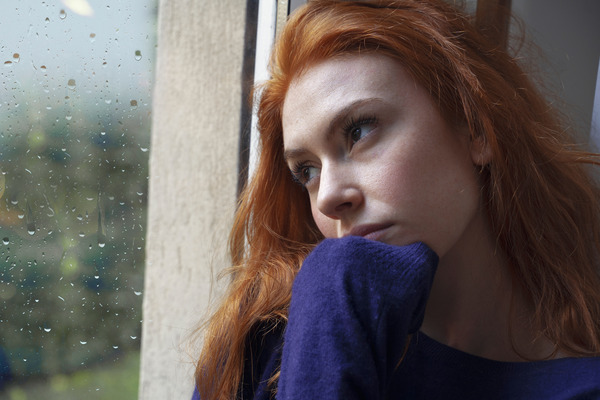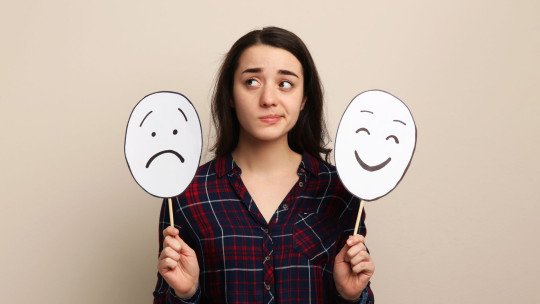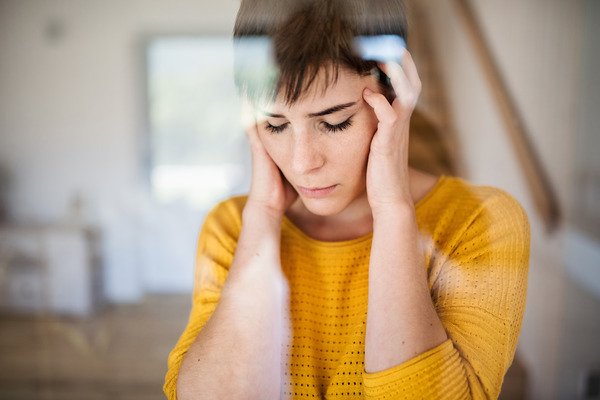What are the characteristics of atypical depression? How can we identify this depressive disorder? Discover the symptoms and how to deal with atypical depression.
The atypical depression It is a type of depression that does not follow the ‘typical’ characteristics of this disorder. Although in general, people with this depression experience symptoms similar to those of major depressive disorder, they tend to differ because they have ups and downs in their emotional states. That is, people with atypical depression can improve their mood if something positive happens. So, how can we identify this depression?
What is atypical depression?
The atypical depression It is a subtype of major depression or dysthymic disorder that involves several specific symptoms, such as increased appetite or weight, excessive sleepiness, fatigue and weakness, as well as mood states that are strongly reactive to environmental circumstances and feeling extremely sensitive to rejection. Atypical depression, now known as major depressive disorder with atypical features, is a fairly common condition. This type of depression usually appears during adolescence and early adulthood.
Symptoms of atypical depression
In addition to the other symptoms of a depressive disorderatypical depression can cause the following:
- Emotional ups and downs: One of the characteristics of a atypical depression is that it makes people suffer from emotional ups and downs. Typically, people can cheer up after a positive event or happy news.
- Increased appetite: In the atypical depression People tend to be hungrier, which also means experiencing weight gain.
- Body pain : Another of the characteristics of this depression is that you experience pain in certain parts of the body, and even a certain heaviness in your arms or legs.
- Hypersomnia: People who suffer from an atypical depression They can sleep for long periods, either during the night or during the day.
- Hypersensitivity : Extreme sensitivity, both to the rejection of others and to criticism, can be another of the symptoms of this type of depression.
If you suffer from some of these symptoms and also identify with the signs of a major depressive disorder, it is likely that you have a depressive disorder. If you suspect it, it is important that you go to a professional psychologist before it affects you more.
Causes of atypical depression
It is currently unknown why people may experience an atypical depression One of the possible causes may be an imbalance in certain neurotransmitters, such as dopamine or serotonin, which influence mood. Other factors that can increase the risk of suffering from atypical depression are the following:
- Family background: It is very likely that you will experience the symptoms of atypical depression if other members of your family have suffered from a depressive disorder or another mood disorder.
- Other mental disorders : People are more likely to experience atypical depression if they have other problems related to mental health such as anxiety, bipolar disorder, social phobia, among others.
- Substance abuse: Drugs or alcohol can increase a person’s chance of developing atypical depression and other depressive disorders.
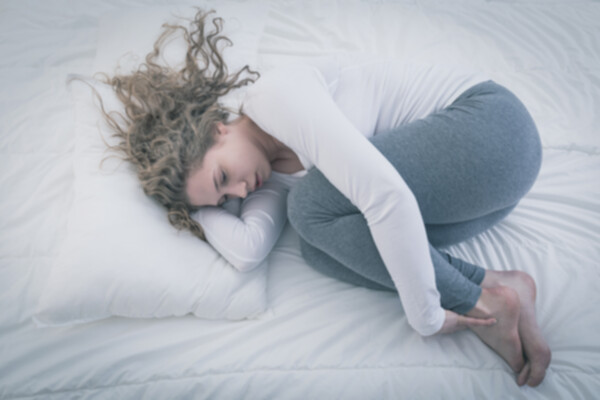
Diagnosis of atypical depression according to the DSM-5
According to the DSM-5, the Diagnostic and Statistical Manual of Mental Disordersfor a person to be diagnosed with a depressive disorder with atypical symptoms Must show mood reactivity plus two of the following signs for a period of two or more weeks:
- Overeating or weight gain
- excessive sleep
- Fatigue, weakness and a feeling of heaviness in the body
- Intense sensitivity to rejection or criticism
- Reactive moods (getting happy only with positive events)
How to deal with atypical depression?
If you think you may be experiencing a atypical depression and that this is interfering with your daily life, it is vital that you go to a professional psychologist as soon as possible to receive treatment. Beyond that, there are lifestyle modifications that can help you relieve symptoms and cope better with this situation:
- Healthy life style: Do your best to eat a healthy diet and exercise regularly. Practicing good habits will help you reduce atypical depression as well as improve your overall health.
- Practice meditation and deep breathing: Combining the benefits of deep breathing exercises with meditation will allow you to increase your awareness of negative thoughts and feelings that can interfere with your daily routine.
- Write a diary : A diary is a highly recommended tool to deal with atypical depression Additionally, it can help you understand many of your thoughts and feelings and counteract many of the negative effects of stress.
- Find support: The most important thing you can do to cope with depression and prevent isolation is to have good social support. Talking to trusted family and friends will allow you to feel better about yourself.
The atypical depression can go unnoticed due to fluctuations in mood. Even so, this type of depression can end up affecting you professionally and personally. For this reason, it is essential to ask for professional help if you are facing this disorder.

